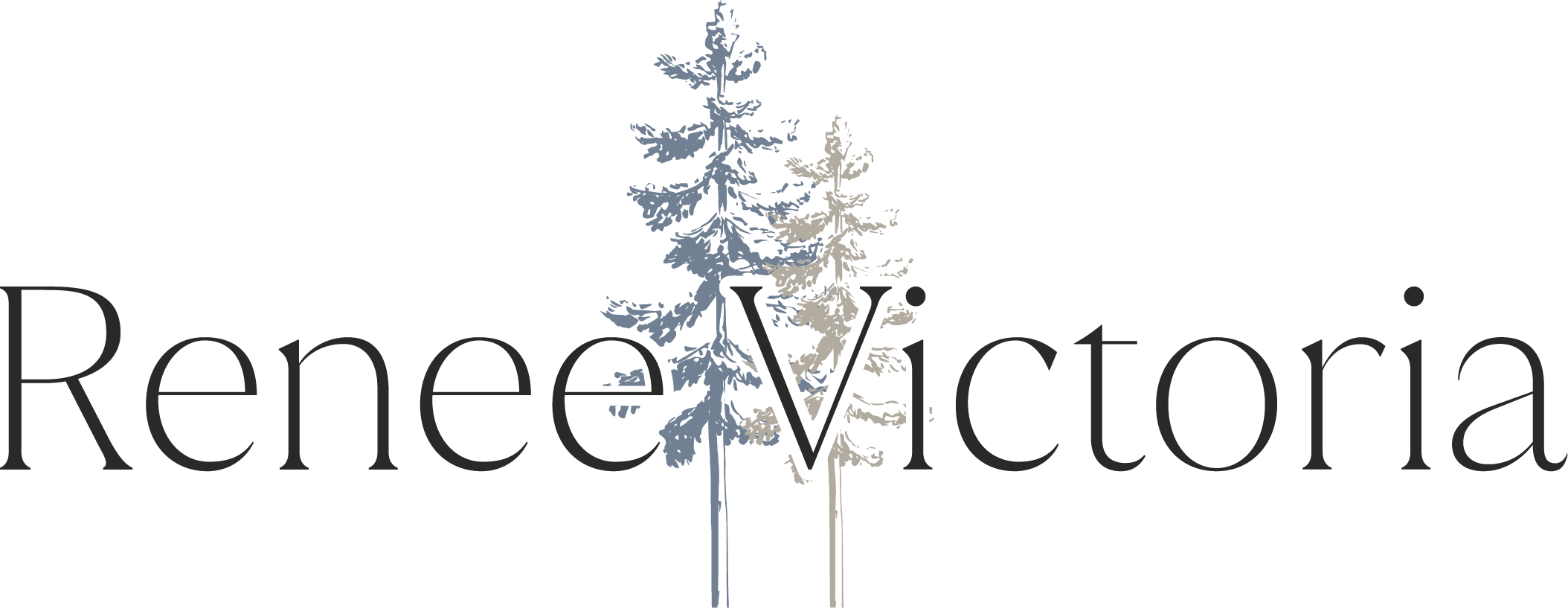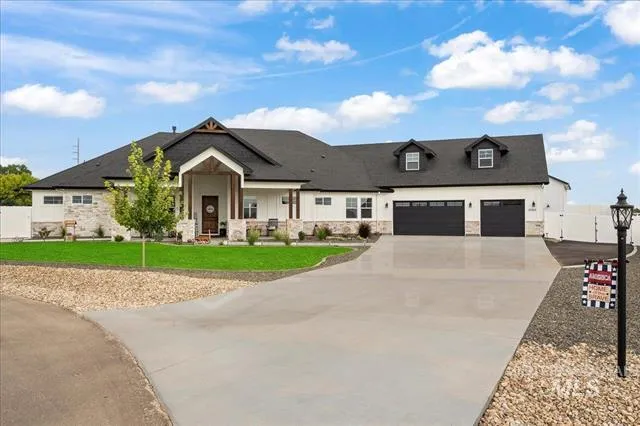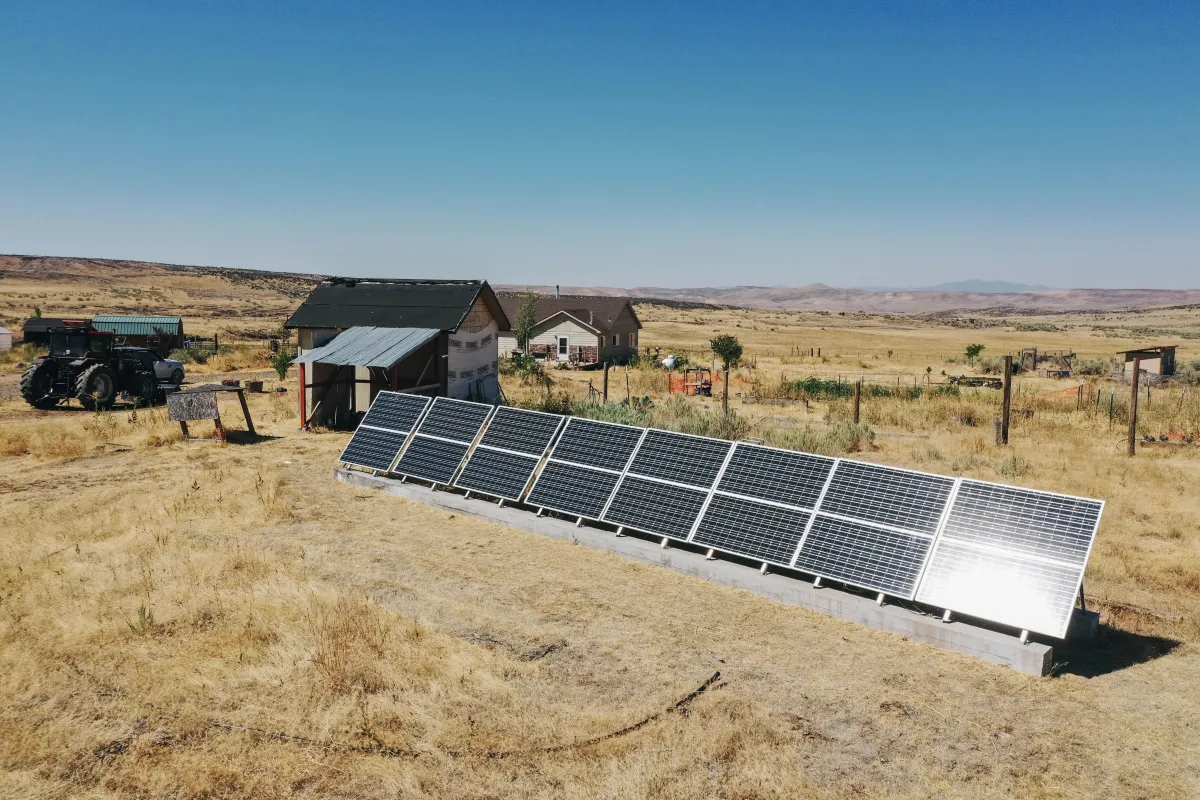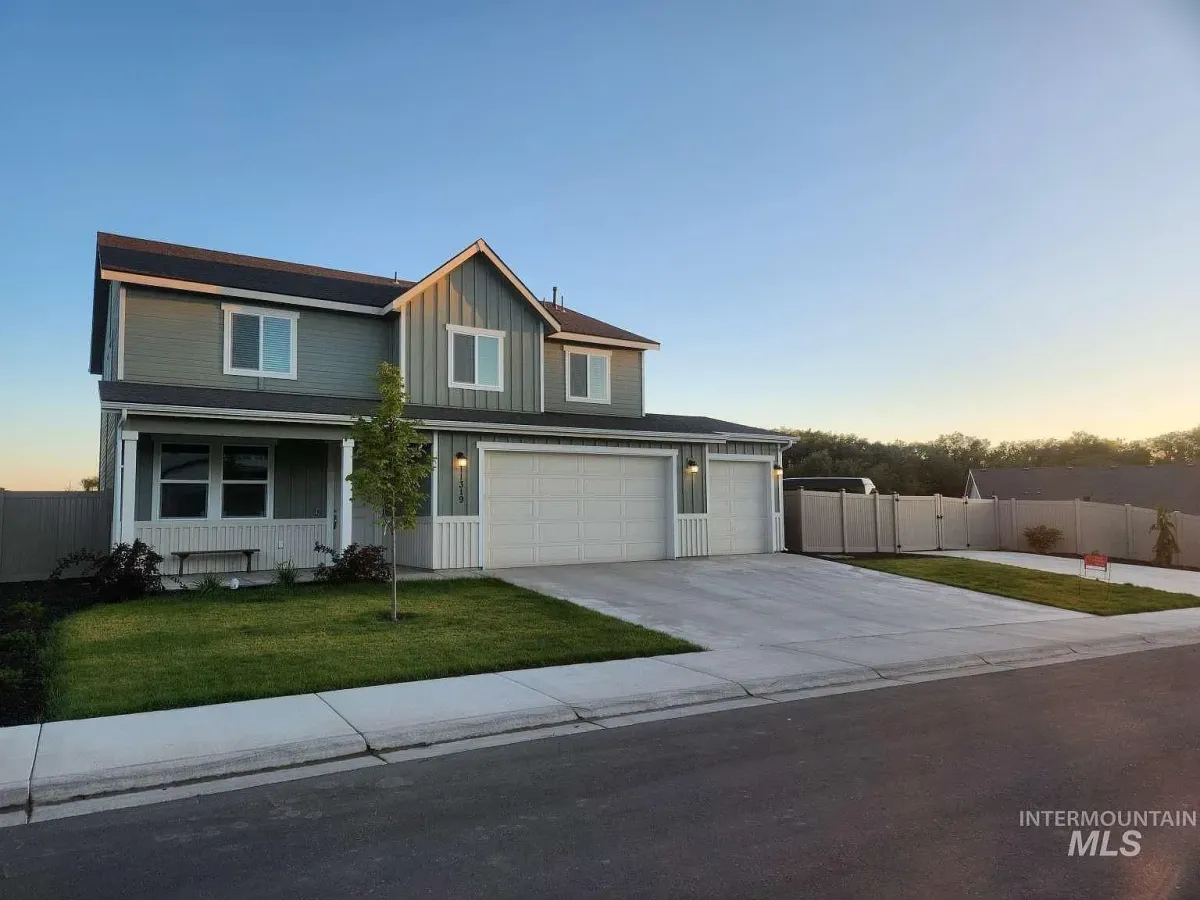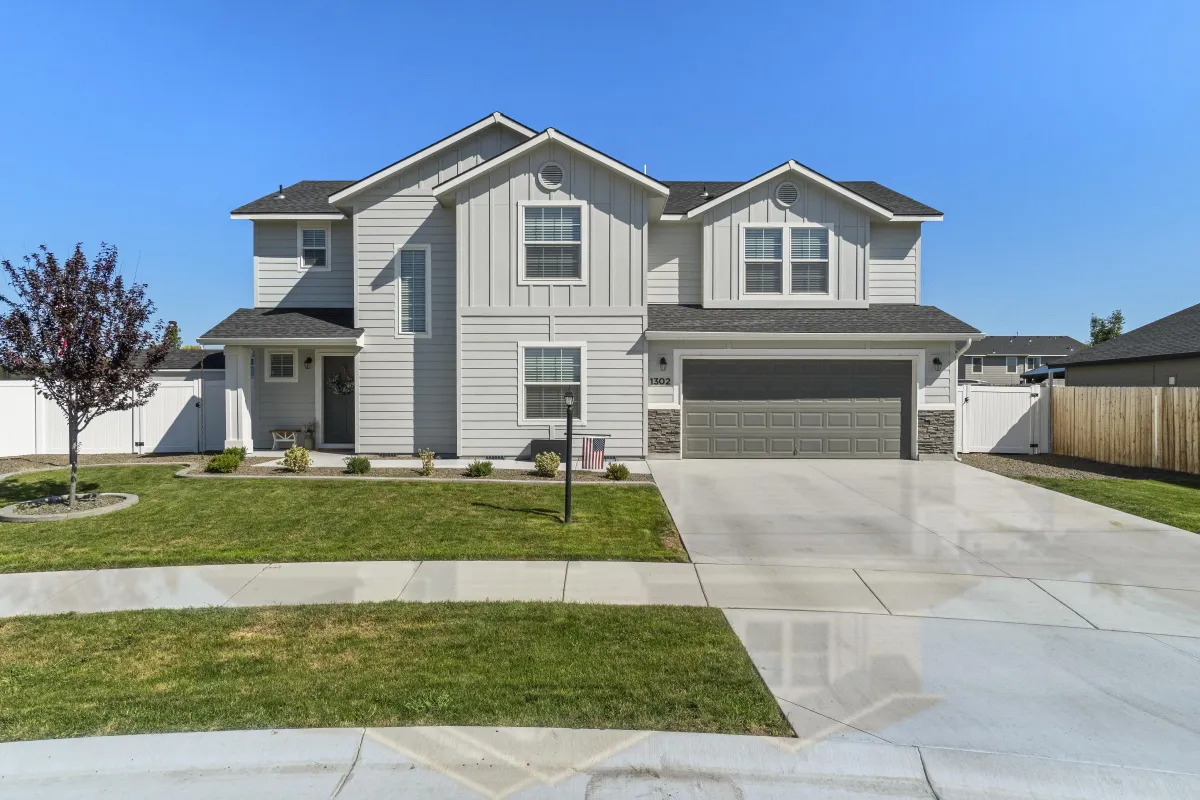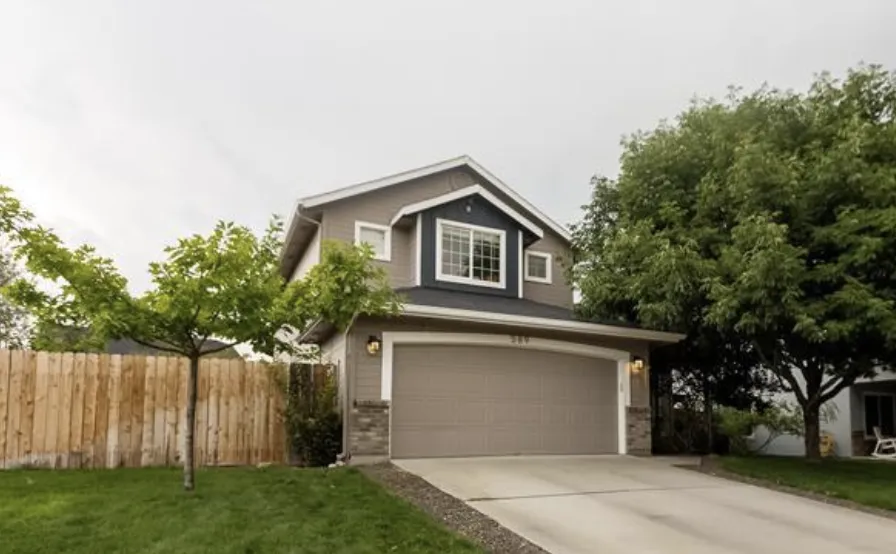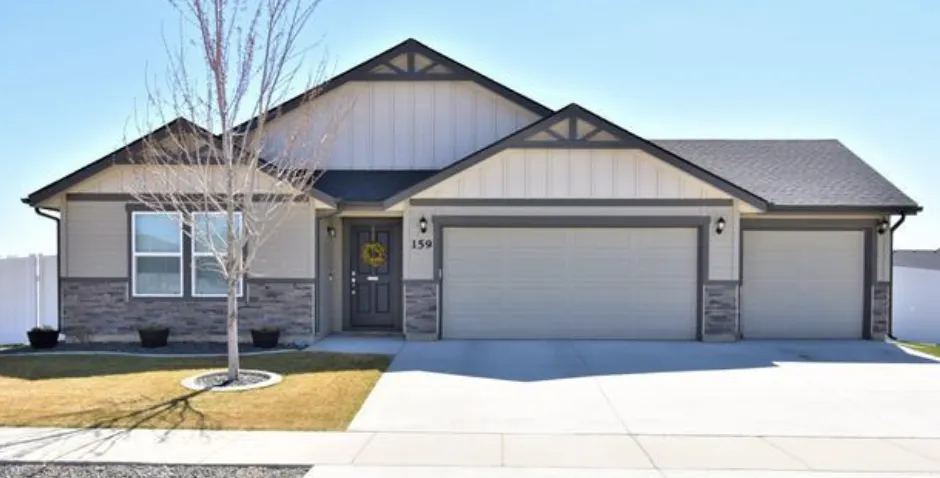Where faith, family, and
home come together.
Looking to buy your next home or thinking about selling?
As a local Idaho Realtor, my goal is to make the process simple and stress-free. Whether it’s your first home, an investment property, or a big move, I’ll walk with you through every step and focus on what matters most to you.

$525,000
Ada County Median Sales Price
$414,995
Canyon County Median Sales Price
Sell Your Home
We handle every detail of selling your property with care, making sure the process is as smooth as possible and that you get the best deal.
Buy Your Home
We’ll walk you through each step of buying a property, making the experience smooth and helping you find the perfect home that fits your needs.
Build a Custom Home
We specialize in helping our clients find a superior builder that blends innovative design with top-notch craftsmanship. We'll connect you with a trusted builder to help you get started!
Get Pre-Approved Today!
Let's Get Started
We’re excited to introduce Fulcrum Home Loans, our trusted preferred lender! Getting pre-approved is one of the most important first steps in your real estate journey. Whether you’re ready to pull your credit and secure a pre-approval letter or just want to explore loan programs and your borrowing limits, reach out to them today!

Helping you put down roots in Idaho.
Going the extra mile became second nature to me.
I became licensed 4 Years ago and have served referral business from friends and family.
My most challenging transaction was selling an off-grid, property, with over 360 acres, that ran solely on batteries and generators.
The most fulfilling moments of my career came from guiding each and every one of my clients towards the realization of their dream of owning a home.
Being entrusted with the responsibility of assisting clients in selling their homes, allowing them to embark on their next chapter, is a privilege that I deeply appreciate. I understand the weight of this responsibility and approach it with utmost care and dedication.
Frequently Asked Questions
I want to purchase a home, what should I do first?
Find a Real Estate Agent: Partner with a knowledgeable real estate agent who understands your needs and can guide you through the buying process, from finding properties to negotiating offers.
Assess Your Finances: Review your budget, savings, and credit score to determine how much you can afford and secure pre-approval for a mortgage. A lender can help with this, this will help you understand your buying power and strengthen your position with sellers.
Define Your Needs and Wants: Make a list of what you need in a home (e.g., number of bedrooms, location) and what you’d like to have (e.g., a home office, a large backyard). This will help you focus your search.
Research the Market: Get familiar with the neighborhoods and market trends in the areas you’re interested in. This will give you an idea of what’s available and help you make informed decisions.
I want to Sell a home, what should I do first?
Prepare Your Home: Start by decluttering, cleaning, and making any necessary repairs or updates. This will enhance your home's appeal and potentially increase its value.
Get a Home Valuation: Obtain a professional appraisal or a comparative market analysis (CMA) from a real estate agent to determine a competitive listing price for your home.
Find a Real Estate Agent: Choose a real estate agent with a strong track record in your local market. They will help you set the right price, market your property, and negotiate offers.
Understand the Selling Process: Familiarize yourself with the steps involved in selling your home, including preparing for showings, reviewing offers, and handling closing paperwork.
How do I find the right Realtor to work with?
Choosing a real estate agent is an important decision that can significantly impact your buying or selling experience.
Take the time to research and select someone who aligns with your goals and provides a high level of expertise and service.
1. Define Your Needs:
Buying or Selling: Determine if you need an agent specializing in buying, selling, or both.
Location Expertise: Look for an agent with knowledge of the local market and neighborhoods you're interested in.
2. Research Potential Agents:
Online Reviews and Ratings: Check websites like Zillow, Realtor.com, or Google Reviews for feedback from previous clients.
Referrals: Ask friends, family, or colleagues for recommendations.
3. Check Credentials:
Licensing: Ensure the agent is licensed and in good standing with their local real estate board.
Experience: Look for an agent with a proven track record and relevant experience in your area and type of transaction.
4. Interview Candidates:
Ask Questions: Inquire about their experience, marketing strategies, local market knowledge, and how they handle negotiations.
Communication Style: Choose someone who communicates clearly and promptly, and whose style matches your preferences.
5. Evaluate Their Marketing and Strategy:
For Sellers: Ask how they plan to market your property, including online listings, open houses, and staging.
For Buyers: Understand their approach to finding homes, including how they’ll help you navigate the search and negotiation process.
6. Assess Compatibility:
Trust and Rapport: Work with someone you feel comfortable with and who understands your goals and concerns.
Availability: Make sure their availability aligns with your schedule and needs.
7. Review the Contract:
Commission and Fees: Clarify the agent’s commission rate and any additional fees.
Ensure you understand the terms of the agreement before signing.
What does the Lending process look like?
1. Assess Your Finances:
Review Your Budget: Determine how much you can afford for a down payment and monthly mortgage payments.
Consider your savings, income, and any existing debts.
Check Your Credit Score: Your credit score will impact the interest rate you're offered. A higher score typically means better rates.
2. Get Pre-Approved:
Choose a Lender: Start by selecting a lender (such as a bank, credit union, or mortgage broker).
Pre-Approval Application: Complete a pre-approval application where the lender will assess your financial situation.
They’ll look at your credit score, income, employment history, and debts.
Pre-Approval Letter: If approved, you’ll receive a pre-approval letter stating how much the lender is willing to loan you.
This letter strengthens your position when making an offer on a home.
3. House Hunting:
Find a Home: With your pre-approval in hand, start looking for homes within your budget. Work with a real estate agent to find properties that meet your needs.
4. Apply for the Mortgage:
Formal Application: Once you find a home and make an offer that’s accepted, formally apply for a mortgage with your lender. This involves submitting detailed financial information and documentation.
Loan Estimate: Your lender will provide a Loan Estimate, which outlines the terms of the mortgage, including the interest rate, monthly payments, and closing costs.
5. Home Inspection and Appraisal:
Home Inspection: Schedule a home inspection to check for any potential issues with the property.
Home Appraisal: The lender will arrange for an appraisal to determine the home's value.
This helps ensure the property is worth the loan amount.
6. Underwriting:
Review Process: The lender’s underwriting team reviews all your financial details, the appraisal report, and the inspection findings. They assess the risk and decide whether to approve the mortgage.
Additional Documentation: You might be asked for additional documents or information during this stage.
7. Closing:
Final Review: Review the final loan documents and make sure all terms are correct.
Closing Disclosure: You’ll receive a Closing Disclosure form detailing the final loan terms and closing costs.
Sign Documents: At closing, you’ll sign various documents, pay your down payment, and cover closing costs.
The lender will provide the funds to purchase the home.
8. ** Move In:
Ownership Transfer: Once the paperwork is complete, the home’s ownership is officially transferred to you.
Start Payments: Begin making monthly mortgage payments as outlined in your loan agreement.
What are my Loan options?
When it comes to financing a home, there are several types of loan options available, each with its own features and benefits. Here’s a breakdown of the most common types:
1. Fixed-Rate Mortgages:
This type of mortgage has an interest rate that remains the same throughout the life of the loan.
Pros: Predictable monthly payments and stability in budgeting.
Cons: Typically, the initial interest rate might be higher than adjustable-rate loans.
2. Adjustable-Rate Mortgages (ARMs):
ARMs have an interest rate that can change periodically based on market conditions. They often start with a lower rate compared to fixed-rate mortgages.
Pros: Lower initial interest rates can result in lower initial monthly payments.
Cons: Payments can increase if interest rates rise, leading to potential financial uncertainty.
3. Interest-Only Mortgages:
For a set period, you only pay the interest on the loan, not the principal. After this period, you start paying both interest and principal.
Pros: Lower initial payments during the interest-only period.
Cons: Higher payments later, and you build equity more slowly.
4. FHA Loans:
Insured by the Federal Housing Administration (FHA), these loans are designed for lower-income and first-time homebuyers.
Pros: Lower down payment requirements and more flexible credit score criteria.
Cons: Requires mortgage insurance, which increases monthly payments.
5. VA Loans:
Offered to veterans, active-duty service members, and eligible surviving spouses, and guaranteed by the Department of Veterans Affairs (VA).
Pros: No down payment required, and no private mortgage insurance (PMI) needed.
Cons: There are funding fees, and the property must meet certain conditions.
6. USDA Loans:
Backed by the U.S. Department of Agriculture, these loans are for low-to-moderate-income buyers in rural areas.
Pros: No down payment required, and competitive interest rates.
Cons: Property must be in a designated rural area, and there are income limits.
7. Jumbo Loans:
These are non-conforming loans that exceed the limits set by Fannie Mae and Freddie Mac.
Pros: Allows for the purchase of higher-priced homes.
Cons: Typically higher interest rates and stricter credit requirements.
8. Reverse Mortgages:
Designed for seniors aged 62 and older, allowing them to convert home equity into cash.
Pros: No monthly mortgage payments are required, and the loan is repaid when the borrower moves out or passes away.
Cons: Reduces home equity and can be complex to understand.
9. Balloon Mortgages:
Features lower monthly payments with a large final payment (balloon payment) due at the end of the term.
Pros: Lower initial payments.
Cons: Requires a large lump sum payment at the end, which can be risky if you can’t refinance or pay off the balloon payment.
10. ** Conventional Loans:
These are not backed by a government agency and include both fixed and adjustable-rate options.
Pros: Flexible terms and potentially lower costs if you have a good credit score.
Cons: Generally require a higher credit score and larger down payment compared to government-backed loans.
Conventional Loan Information...Let's Break it down!
A conventional loan is a type of mortgage that isn't backed or insured by the government. It's a common choice for many homebuyers and has some specific features:
1. Types:
Fixed-Rate Conventional Loans: These have an interest rate that stays the same throughout the life of the loan.
This means your monthly payments will be predictable and stable.
Adjustable-Rate Conventional Loans (ARMs): These start with a lower interest rate that can change periodically based on market conditions. Initial payments are often lower, but they can increase if rates go up.
2. Down Payment Requirements: Conventional loans usually require a down payment, which can vary. For many lenders, the minimum is around 3% to 5% of the home's purchase price. A larger down payment can help you secure better terms.
3. Credit Score:Importance: Good credit scores are important for conventional loans. Typically, a higher credit score can help you get a better interest rate and more favorable terms. However, some lenders may work with lower scores depending on other factors.
4. Private Mortgage Insurance (PMI): If your down payment is less than 20% of the home's price, you might need to pay for PMI. This insurance protects the lender in case you default on the loan.
Cost: PMI increases your monthly payment, but it can be removed once you build up enough equity in the home (usually when you’ve paid down the loan to 80% of the home’s value).
5. Loan Limits:Conforming Limits: Conventional loans must conform to limits set by government-sponsored enterprises like Fannie Mae and Freddie Mac. These limits vary by location and can affect how much you can borrow.
6. Benefits:
Flexibility: Conventional loans often offer flexible terms, and you may have more options for different loan lengths (like 15 or 30 years).
Potentially Lower Costs: If you have a strong credit profile and a good down payment, you might find that conventional loans are less expensive compared to government-backed loans.
7. Application Process: The process involves applying with a lender, providing financial information (like income and credit history), and getting approved. You’ll need to meet the lender’s criteria, including debt-to-income ratio and credit score.
Client Feedback
We hired Renee to sell our off grid ranch in rural Idaho. We had a lot of interest in a hot market.
This unique property was a challenge to finance.
Renee kept digging in and continued to market our home everywhere.
She is very talented in marketing, branding and media.
We are so thankful she was with us each step of the way.
We now consider Renee a friend and wish her continued success with her business.
Suzanne & Cody

We loved working with Renee! We are new to the area and were not sure where we would like to even start looking.
She is very knowledgeable about the Boise area and was very helpful in helping to make our decision. She offered honest insight on details of the properties that we might not have otherwise caught. She stayed on top of our purchase kept us apprised of its progress throughout.
Her attention to detail even caught an oversight on the sellers part that ended up saving us quite a lot of money. We definitely will recommend Renee to anyone needing a Realtor!!!
Debi & Brian

My husband and I were lucky enough to have Renee guide us through the process of buying our home.
What truly sets Renee apart is her genuine care for her clients.
She made sure to understand our preferences and priorities, ensuring that each house we visited aligned with our needs.
Her negotiation skills were impressive, resulting in a deal that left us not only satisfied but also confident that we had made the right investment. If you're looking for a real estate agent who combines top-notch skills with a personal touch, Renee is the one to trust.
David S


